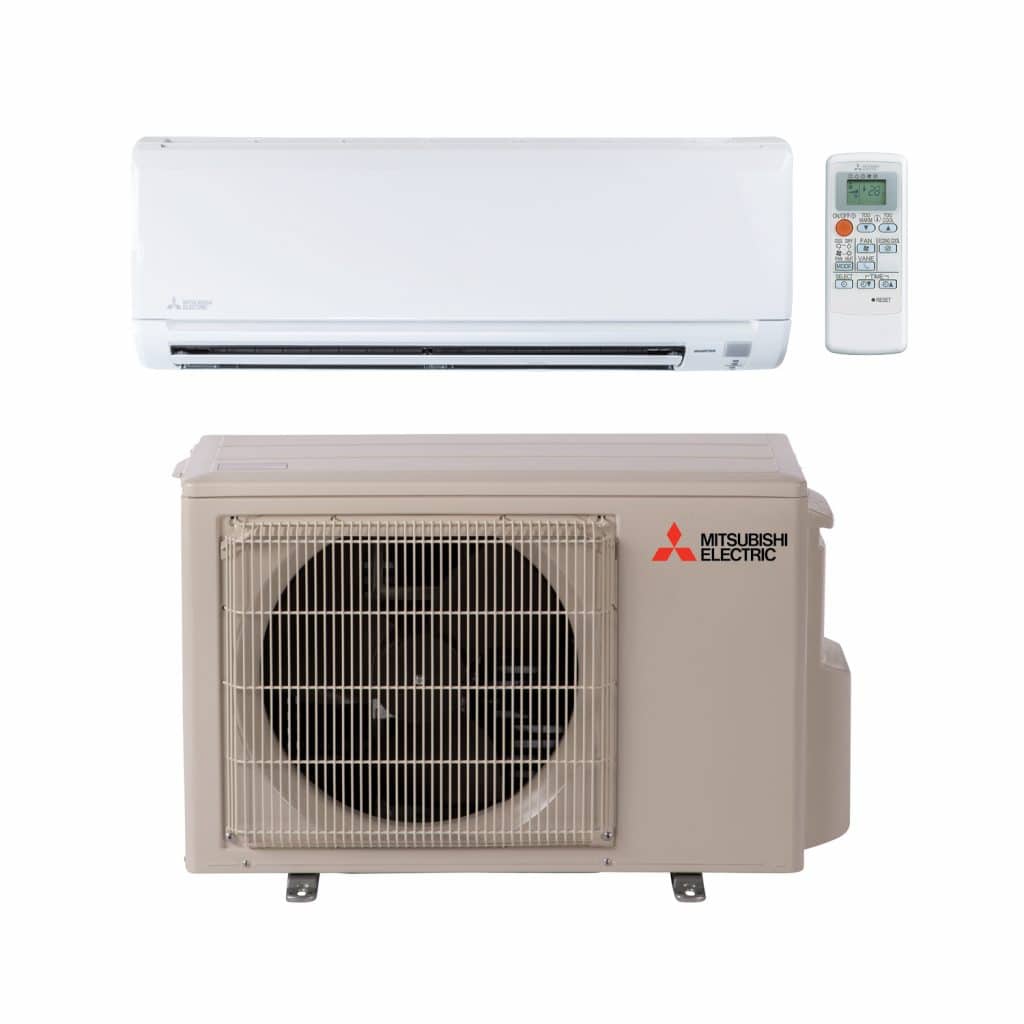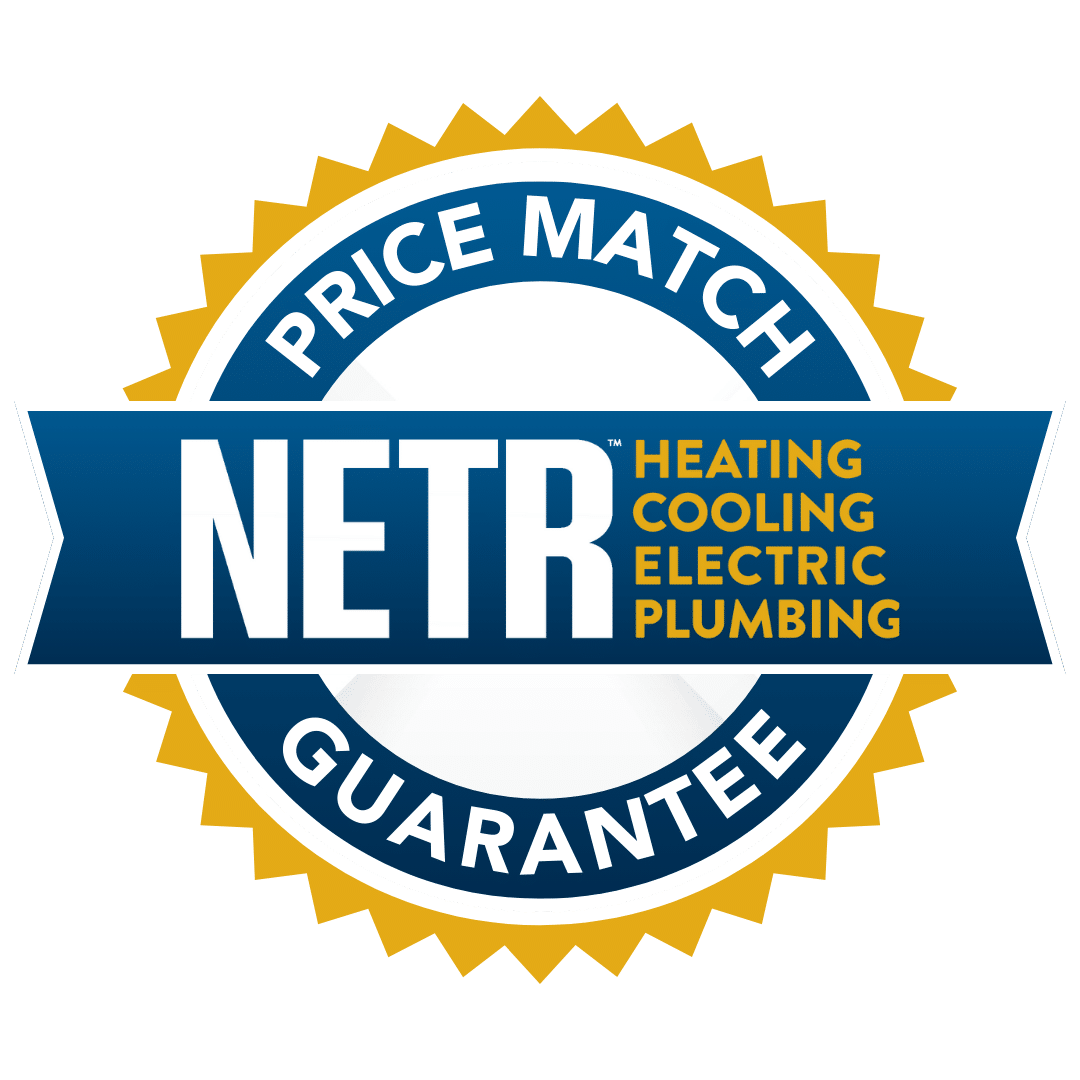Commercial and residential HVAC systems are both responsible for heating, cooling, and ventilating a home or business. Although these systems accomplish the same functions, they work in vastly different environments, and they use slightly different equipment to achieve their goals. Here is a look at the major differences between residential and commercial HVAC systems.

Sizes
Most commercial buildings are significantly larger than residential structures. As a result, commercial HVAC equipment tends to be larger and more powerful than residential HVAC equipment. However, in small commercial buildings, the HVAC system may be comparable in size to a residential unit.
Setup
In most cases, residential HVAC systems feature an outdoor compressor and an indoor evaporator along with a furnace or another heating solution. You may hear this setup referred to as a “split”. In contrast, commercial HVAC systems feature a “packaged” unit which contains everything to heat and cool the commercial building. However, when homeowners decide to use a heat pump, they also get a single outdoor unit paired with several indoor air handling units to meet both their heating and cooling needs.
Placement
Generally, the indoor HVAC equipment in most homes is placed in a basement utility room or in a small closet or laundry room on the main level designed to hold that equipment, and the outdoor unit sits in the backyard or on the side of the house.
The outdoor unit for a commercial system traditionally goes on the roof of the building. The roof provides ample space for the unit and reduces noise pollution compared to placing the unit on the ground. Additionally, when equipment is on the roof, it can be serviced easily without forcing the business to suspend operations.
However, many commercial buildings are now making the shift to ductless HVAC systems, and these units feature a very quiet outdoor unit with a small footprint. That allows commercial property owners to place the unit on the ground next to the building, on window ledges, or on roofs.
Zones
Commercial HVAC systems are much more likely to have zones controlled by their own thermostats than residential systems. This allows commercial buildings to meet a variety of diverse heating and cooling needs depending on what’s happening in the building. Traditionally, most homes have a single thermostat to control their entire HVAC system, but many homes are now switching to ductless HVAC systems with zones.
A modular setup in commercial buildings also allows HVAC technicians to install commercial HVAC systems piece by piece, rather than all at once. Technicians may also be able to handle repairs zone by zone to minimize disruption to business activities.
Ventilation
For the most part, commercial buildings have more complex ventilation needs than homes. This stems partly from the fact that homeowners can easily air out their spaces by opening their windows, while many commercial buildings are less likely to have windows that are convenient to open. Additionally, commercial buildings that house restaurants, manufacturing facilities, or other businesses that generate a lot of exhaust or chemical-laden fumes need a lot of ventilation simply to stay safe and healthy.
Drainage Systems
While heating and cooling a space, HVAC systems collect moisture from the air and generate condensate. In both residential and commercial HVAC systems, the condensate gets expelled from the system via a tube that drips into a pan. Again, however, this equipment is larger and more complicated for commercial buildings than for residential homes.
Maintenance
Finally, due to the differences in equipment and set up, commercial HVAC systems are more challenging to repair and maintain than residential systems. When hiring an HVAC technician to install, maintain, or repair the HVAC system in your home or business, you should find someone who is experienced with your type of HVAC system.
At N.E.T.R., Inc., we work with both residential and commercial HVAC clients in North Andover, Boston, and the surrounding areas. To set up a repair or to learn more about meeting the heating and cooling needs of your home or business, contact us today.

